Discover a roadmap towards local and regional partnerships in ALE
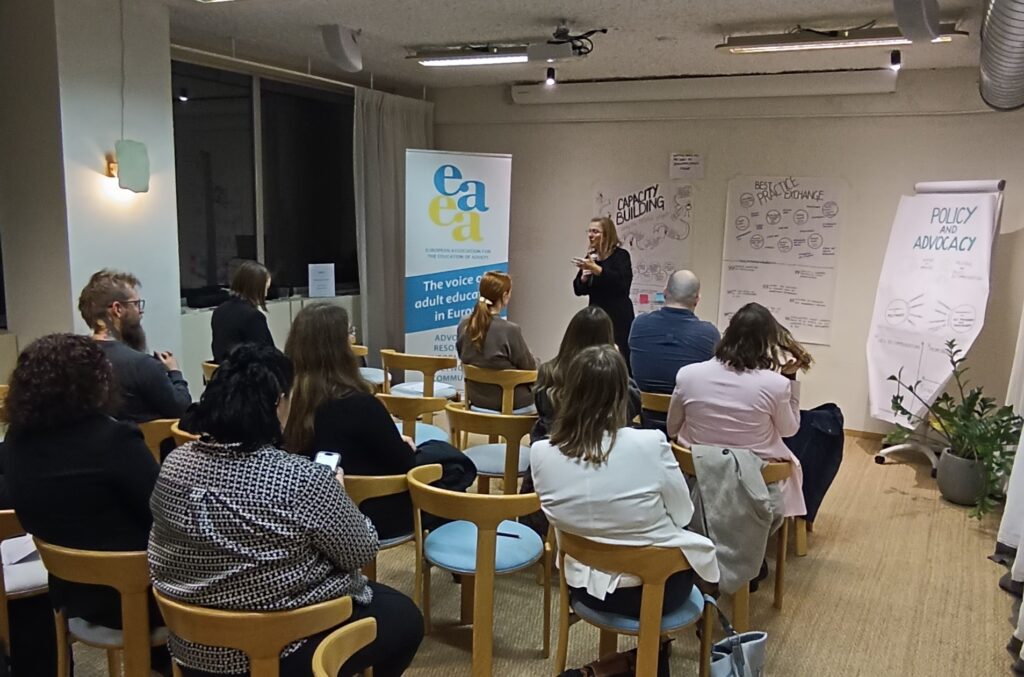
In the realm of adult education, the focus is often on developing skills and knowledge to enhance employability. However, there is a growing recognition that adult learning goes beyond professional growth. It encompasses personal development, social engagement, and lifelong learning. This understanding forms the foundation of the Regale project, which aims to highlight the importance of learner-centered education. During the event in December 2023, we explored the key aspects of the Regale project, discussed the policy recommendations that have emerged from it, and shed light on successful initiatives in the field of adult learning.
The importance of learner-centered education
Gina Ebner, secretary general of EAEA, emphasized the significance of putting the learner at the center of educational endeavors. By recognizing learners as individuals with diverse roles and interests, such as employees, parents, and citizens, we can unlock their full potential. Adult learning should not be limited to basic skills but should also encompass life skills that have a broader impact on various aspects of one’s life. For instance, learning English for work can also enable parents to support their children’s education. The goal is to view learning as a holistic experience that empowers individuals in different roles and contexts.
The RegALE project
The Regale project, implemented under Key Action 3, focused on regional and local partnerships for developing and networking adult learning initiatives. The project began by identifying existing challenges and collecting best practices through surveys and study visits. A repository was created to showcase these practices, allowing easy access through a user-friendly map and keyword search. Additionally, webinars and online resources were developed to support knowledge exchange and capacity building.
Policy recommendations for adult learning
Drawing from the insights gained through the Regale project, a set of policy recommendations aimed at policymakers and stakeholders has been formulated. These recommendations encompass various crucial areas:
– Governance: Collaboration and the establishment of cooperation structures are vital for effective adult learning provision. Policymakers are encouraged to appreciate the diversity of adult learning offerings while working together towards a common vision.
– Financing: Viewing investment in adult learning as more than just costs is crucial. Incentives for participation, individual learning accounts, and mobility opportunities can encourage lifelong learning and skill development.
– Inclusion: Acknowledging the importance of capacity building for adult learning organizations and local authorities is essential for enabling inclusion. Disadvantaged groups should not be overlooked, and civil society organizations play a significant role in providing innovative solutions.
– Quality: Ensuring public provisions are of high quality requires adequate funding and continuous training for educators. Policymakers need to develop and implement quality measures and mechanisms for adult learning.
Conclusion
The Regale project and its associated initiatives underscore the importance of learner-centered education in adult learning. By prioritizing the individual and considering their varied roles and interests, lifelong learning becomes a transformative experience that goes beyond professional growth. The policy recommendations generated through the Regale project provide valuable insights for policymakers and stakeholders to enhance adult learning provision. With a focus on governance, financing, inclusion, and quality, these recommendations pave the way for a more inclusive and effective adult education system.
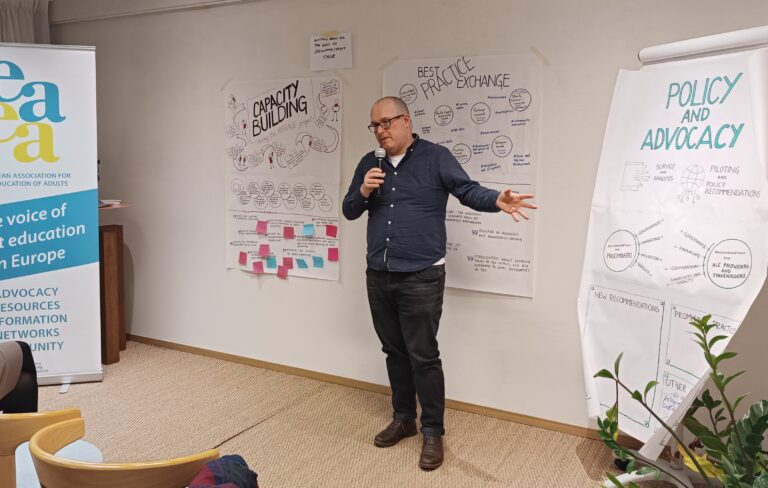
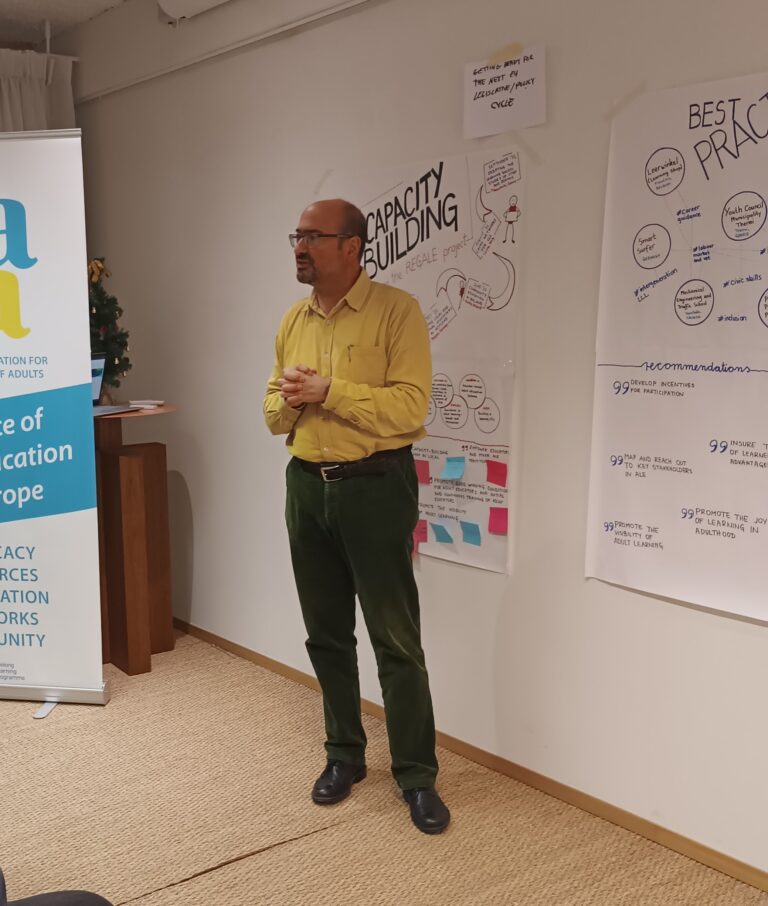
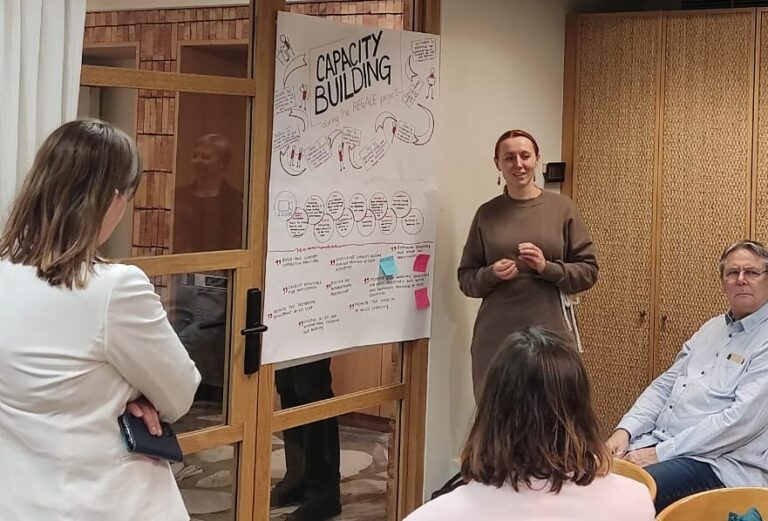
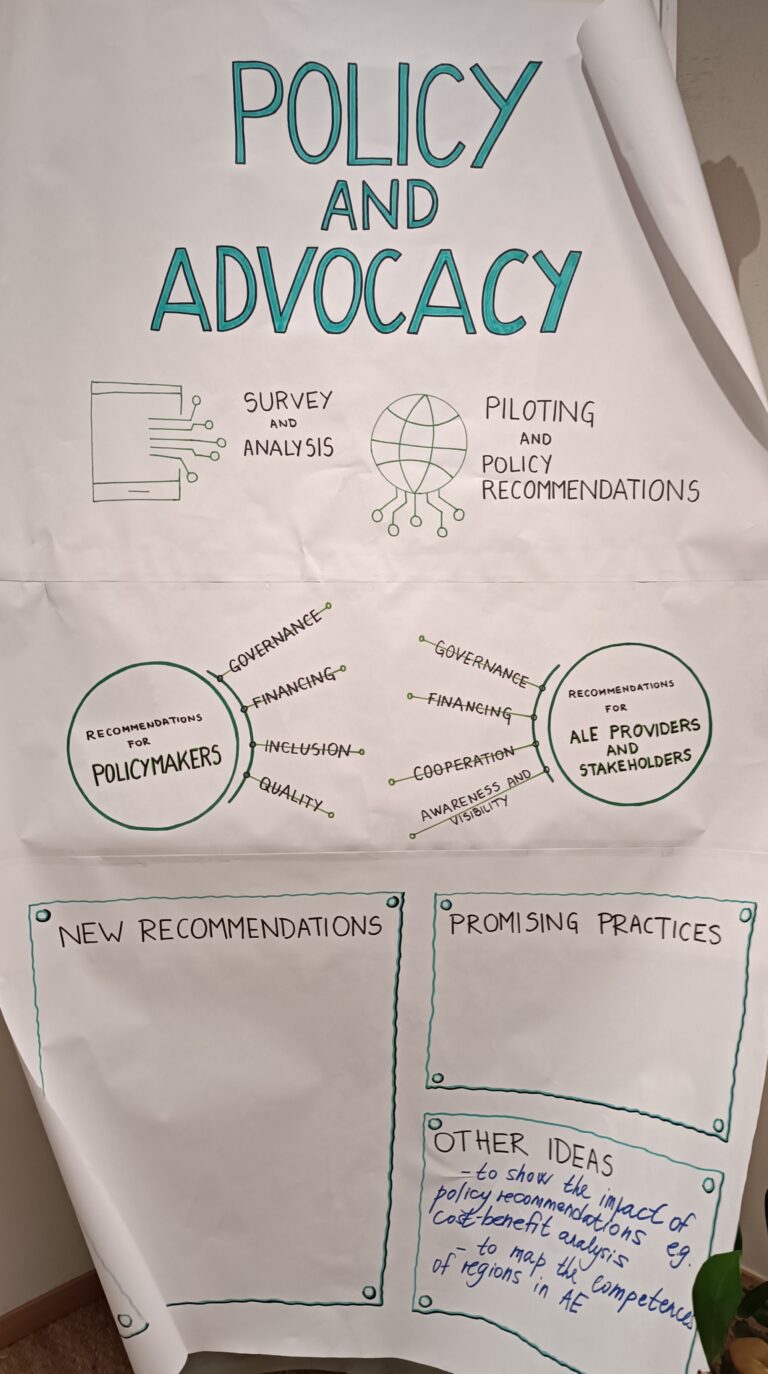
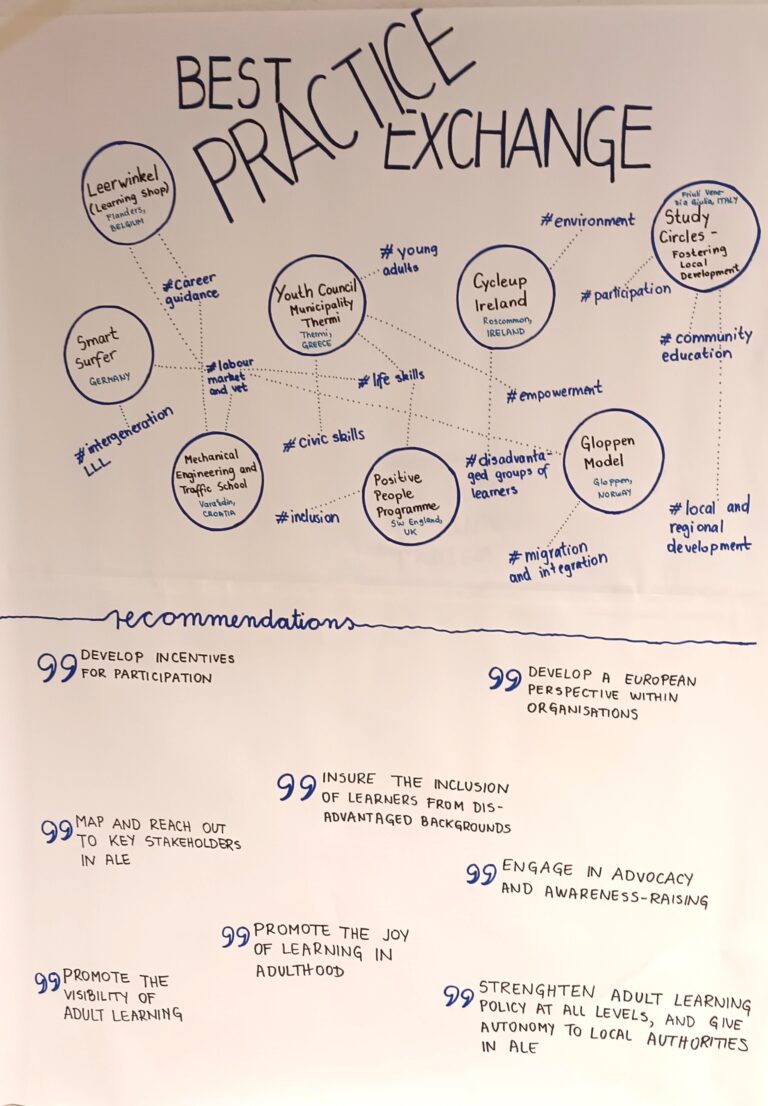
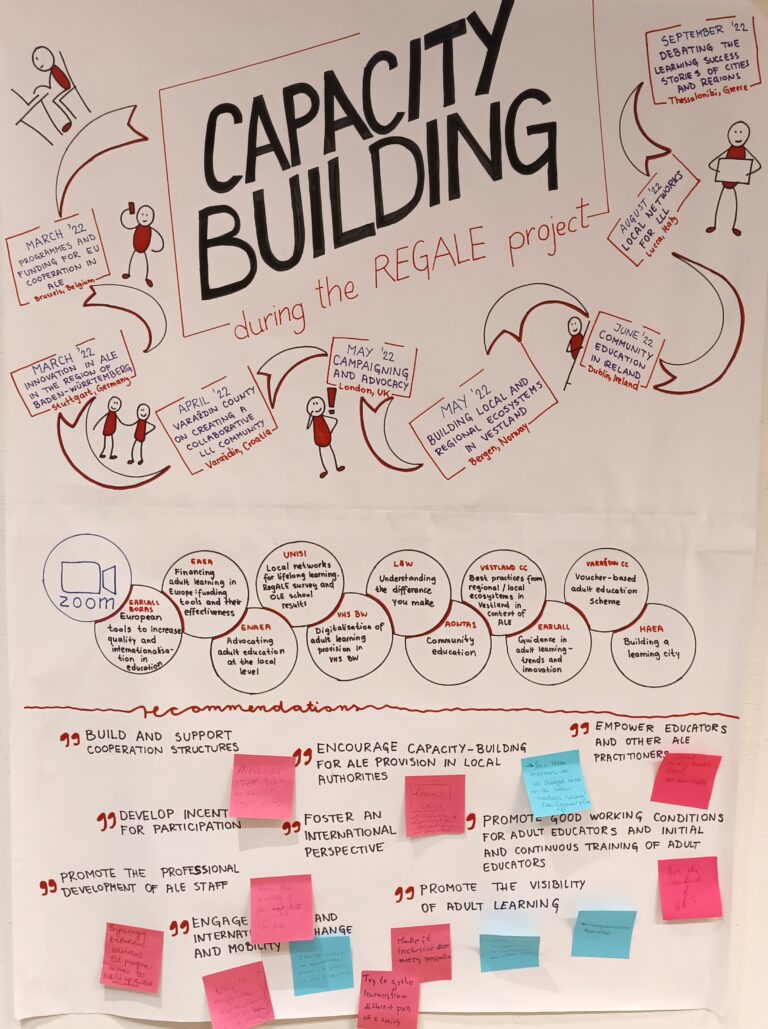

[…] sildenafil 100 mg pill identifier […]